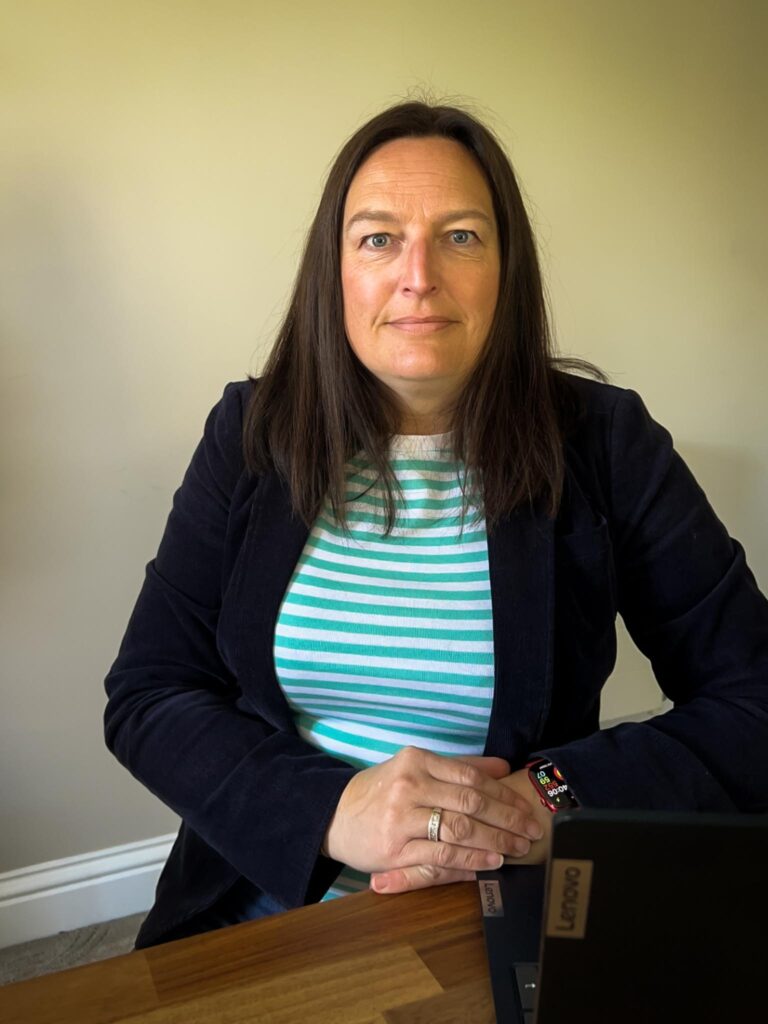Workplace Mediation Case Study
How Mediation Resolved a Workplace Conflict
When working relationships break down, formal processes like grievances don’t always get to the heart of the issue. In this workplace mediation case study, I share a real-life example (anonymised for confidentiality) where mediation helped two employees move forward—and helped repair the wider impact on their team.
The Challenge: A Breakdown in Communication

I was approached by the HR Business Partner of an organisation where communication had completely broken down between a line manager and a team member. A formal grievance process had already been attempted, but it failed to resolve the situation.
The fallout had begun to affect the wider team, with colleagues feeling uncomfortable working alongside the pair. One party was ‘working to rule’ while the other had ‘put their foot down’—making collaboration impossible. An impartial intervention was clearly needed.
The Mediation Process
1: Initial Consultation
I held a consultation call with the HR Business Partner to understand the basics. It’s essential for me to remain impartial, so only key facts were shared—enough to ensure the day of mediation could be productive.
2: Setting Expectations
I then contacted both parties individually with a welcome message, outlining what to expect and sharing a handout to ease any concerns.
3: One-to-One Meetings
On the day of mediation, I met with each person individually to understand their perspective, how the situation had impacted them, and what changes they hoped to see. This stage is vital for uncovering the root issues and preparing for an open conversation.
4:Joint Mediation Session
With consent from both parties, we moved to a joint meeting. Each person had the opportunity to speak without interruption, sharing their side and the emotional impact. I set ground rules for communication, facilitated a two-way dialogue, and helped them identify areas of agreement and possible solutions.
In this case, no break was needed—but breaks or further private sessions can be included where helpful.
The Outcome: A Practical Way Forward
Once both parties had acknowledged the key areas of concern, we created an action plan that included:
- A clear method for giving each other feedback
- A commitment from the line manager to share more detailed information
- Weekly informal check-in meetings
Follow-Up and Long-Term Results

I checked in with both individuals five weeks later. They reported that they had been able to work together, give feedback, and continue their roles without further conflict. I reminded them to revisit the action plan periodically, and praised the effort and commitment they’d shown in reaching a resolution.
This workplace mediation case study highlights just one example of how structured, impartial support can resolve challenging workplace dynamics and help restore professional relationships.
Why Mediation Works
This case shows how workplace mediation provides a structured, confidential, and impartial space to address issues that formal processes often miss. With the right support, people can move forward positively—even from a place of deep frustration or mistrust.
Ready to Talk?
If you’re facing unresolved tension or communication issues in your team, mediation can help.
You can call me on 07720 892990, email kate@hr-solutions.net, or simply use the contact form below to get in touch.
Want to understand more about how I work? Visit my Mediation Services page to learn more before you reach out.
Let’s have a no-pressure conversation about how I can support your organisation.

Get in touch today
Need HR support or expert advice? Get in touch for clear, practical solutions tailored to your business needs.
